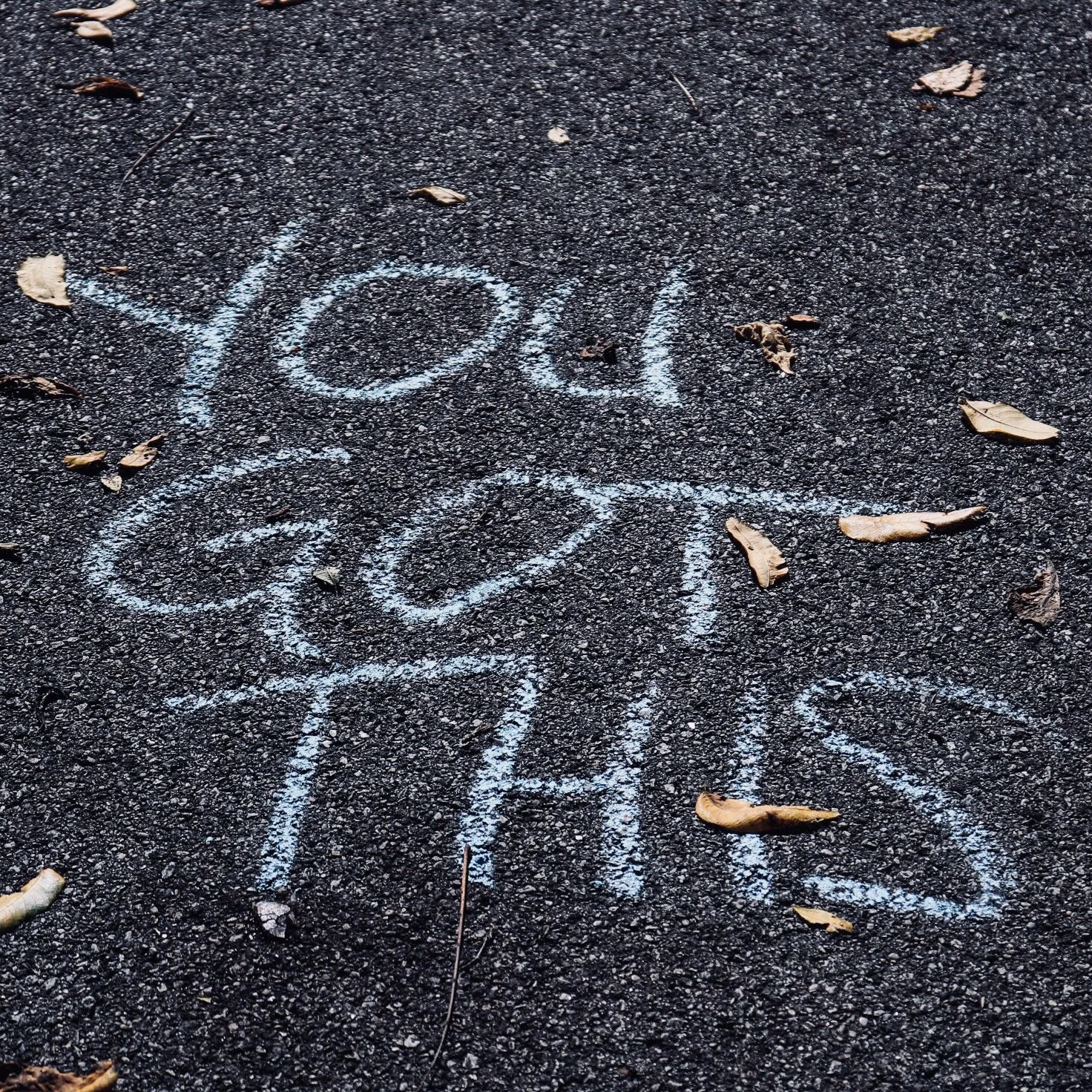How the Romantics got love wrong
Every time a romance ends badly—and before I heal enough to give love another go—I cycle through the four basic emotions: Mad, Sad, Glad, and Scared.
Maybe you do too.
I’m mad—at myself for falling into the same old traps, and at the other guy for (deliberately or not) rubbing new salt in old wounds.
I’m sad the good times didn’t last longer.
I’m glad to have back the parts of myself that I gave away—oh, so willingly—in service of being a couple.
And I’m scared. What if what Carol, a character in Episodes (the Netflix, originally Showtime, series) says is true?
What if this isn’t the shit I have to go through to GET TO the good part? What if this IS the good part?
Carol is both ridiculous and relatable. By season 3, episode 7, we know she’s destined to repeat her mistakes. But we can learn. We don’t have to do the same thing over and over.
To interrupt the pattern, we can watch my favorite relationship video: On Love with Alain de Botton, founder of the School of Life. His novel of the same name, also is a gem.
We can fix the script of our lives. Because, as de Botton says, the Romantics got it all wrong.
There’s no such thing as a soulmate. Though our ideas of love are shaped by the narratives of the late 18th century, no soulmate can banish our loneliness or make our lives complete. Never mind the characters of Tolstoy and Flaubert, our lives—if we’re lucky—will be long and mundane. We can’t cut and run every time what de Botton mocks as the special feeling of new love wears off.
Every human being is flawed. Even if we fall madly in love with a stranger on a train—or on Bumble or Tinder or Hinge—after a while, their minor indiscretions (think bodily functions, table manners, clothing choices) will drive us mad. Unless we can accept the peccadillos of other people—and they can accept ours—we’re destined to be alone.
Compatibility is an achievement of love—not its pre-condition. De Botton says, only after we understand our own craziness, and our partner understands theirs, can we negotiate our difference, as friends and as lovers. Only then can we accept each other with generosity and humor. Only then can we give, and receive, the benefit of the doubt.
We know how the classic stories end. Madame Bovary eats arsenic and dies in agony. Anna Karenina throws herself under a train.
Happily ever after is a mirage. Loving and being loved is hard. And it’s messy.
But this, my friends, is the good part.
And I’m not giving up on love.






